You’ve probably heard us talk about a NAS several times before, so by now, you’re probably wondering, what is a NAS? If you already know what a NAS is and thinking of getting one, then the next question would be is, what should you get? Let’s help you with that.
Table of Contents
What is a NAS?
A NAS or Network Attached Storage is a great way to store a lot of data at home or your office while also making it easily accessible by people in your network. Basically, it’s placing a network-accessible hard drive. You can upload your files for backup, sharing, and a whole lot more by having your own NAS at home or at the office. A NAS is a mini server that is in your home, you can even use a NAS to stream photos or videos to your smart devices!
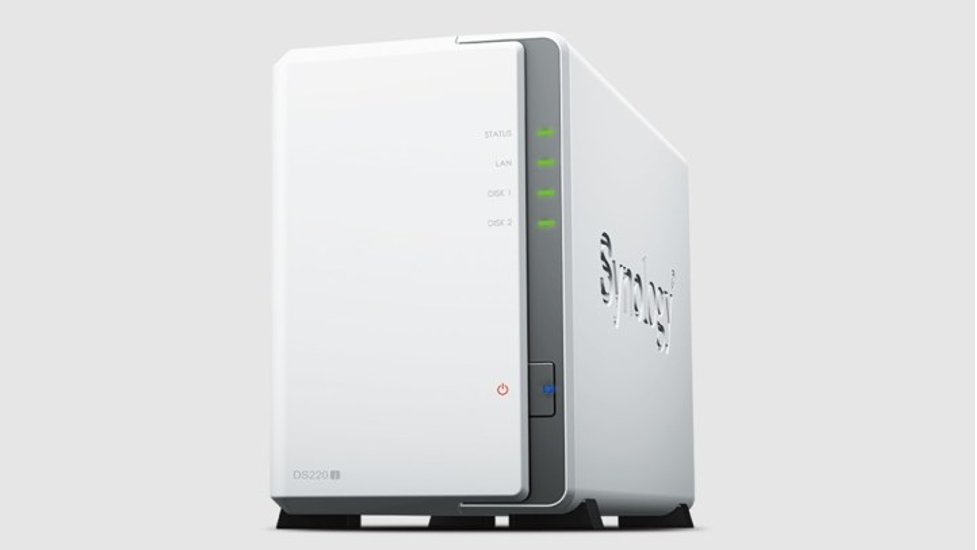
Who should have a NAS?
The simple answer to this is, everyone. With the advent of our current work-from-home setup because of the pandemic, having your own personal storage at home or the office that you can access from anywhere within your network is a big help in terms of productivity. Aside from that though, having a NAS does so much more for your workflow and productivity at home that you’ll be surprised you never had one before, I can personally attest to this.
Huge Storage Capacity
If you are somebody like me that has a ton of files that even a 256GB smartphone isn’t enough for all the data that I have then a NAS is a godsend. I can just transfer files through my network to back up in my NAS. I don’t have to deal with deleting photos because I know that when I’m at home, I have a reliable backup that I can access anywhere with my PC, smartphone, or laptop. The great thing about this is that I can even increase the capacity of my NAS just by buying newer and larger storage drives that easily slot into my current NAS setup.
There are other solutions of course available like subscribing to an online cloud service where you could upload your files. These services do require you to subscribe to a monthly recurring fee which in time will cost you more than buying a NAS setup at home that is easier to access and manage.
Share Files Easily
I love how I can use my NAS to just easily share big files across my network. No more hassle of transferring to an external hard drive then plugging it into another device then copying. That’s such a tedious and old way of sharing files. I can just upload files into my NAS and share the file with whomever I want within my network and he/she can download it into their device. No more fiddling with cables and ports. I can imagine if you guys have a small office, having a NAS can make work a lot more efficient by allowing you to share files easily and quickly, with privacy settings to boot. With transfer speeds of up to 10GB/s using an SSD, that’s more than enough speed for anyone to transfer big files across your network.
I personally transfer a lot of my videos and photos to my NAS and whenever I want to view them I just stream them through my TV because any smart device can access my NAS. It feels like I have my own personal Netflix at home where I can stream content straight from my NAS to my TV or tablet.

Several Free Applications To Make Your Life Easier
Aside from just backing up your files, every Synology NAS comes with DiskStation 7.0. This is your all-in-one tool in managing your Synology NAS and more. With this version of DiskStation, the company has made it a point to make the user experience the most important thing. The UI is very intuitive and easy to use so that anybody, even the non-tech-savvy, is able to navigate their way and control their NAS the way they want to. From monitoring the health of your hard drives to making sure that your NAS can only be accessed by people you allow, DiskStation 7.0 makes it easy for you.
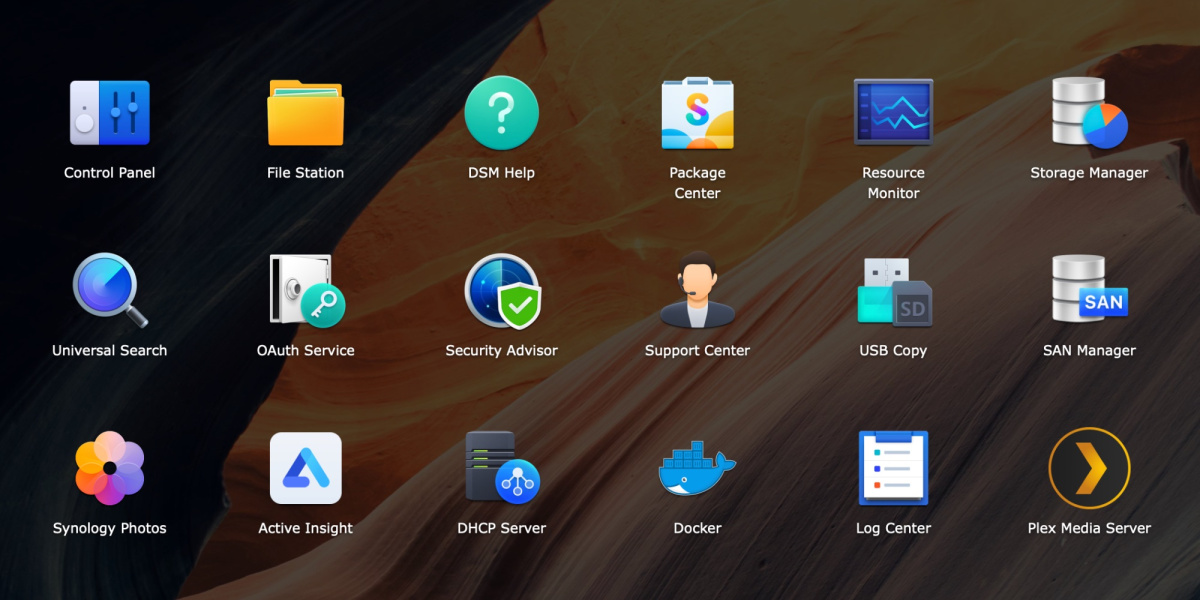
The best part for me in using my Synology NAS is that I have a backup of my backup. As I said previously, I transfer a lot of my files from my laptop, tablet, smartphone, and desktop to my NAS and my fear, of course, is that it might crash and delete all of my precious memories. Having a NAS has allowed me to create a RAID setup where my backup has a backup in case it crashes. I can easily restore my backup in case of hard drive failure.
Data Security
The peace of mind that a NAS can bring to you when it comes to your files doesn’t just cover your data being backed up. I love how I know my data is protected from malicious threats online, especially now during the pandemic where everything is being done online. I have a lot of work files that are sensitive and need to be private and I know that Synology has my files safe and secure.


Features like 2-factor authentication mean that my DSM account can’t just be accessed by anyone easily. I can also control who can sign in and access my Synology account using Secure SignIn. My smartphone gets an alert any time somebody logs in and I have the option to approve the login or block it. Login credentials are backed up to my Synology Account for easy recovery.

How to choose your first NAS?
Which type of user are you?

In choosing a NAS, your first decision is what are you going to use the NAS for? Is it just for your home or personal use? Or will you use it for a bigger business or office? If you’re using it for a small house as I do, or even a small office then the next question is what are you going to use it for?
Will you use this as strictly just a backup for files? Or will you use it for file sharing and synchronization? I use my NAS as a multimedia hub wherein I can play and share my photos, videos, and music throughout the network. This makes it convenient for everybody in my house to share photos with each other.
The last thing you have to consider is how many users are going to be connected to the NAS? If you’re going for a NAS for a small office then you probably have to get a bigger more robust NAS like a DS920+ or higher so that it can accommodate everybody’s needs within the office network. Visit Synology NAS selector to choose a suitable NAS: https://sy.to/m4tbx
The Right NAS For You
DiskStation DS220+

The DiskStation 220+ is the perfect NAS for a small home network or even a small office network. It is compact and features smooth data sharing, video streaming, and photo organization. This has most of the features of bigger, more expensive NAS drives but in a small form factor that can sit right on top of your desk. It features a dual-core CPU that allows the NAS to perform really fast. It can organize your files for you and most importantly, keeps them secure.
Setting up the DS220+ is super easy and with a RAID1 setup, your files are sure to be secure and safe even if one of your hard drives crashes. The DS220+ is super efficient in that any device can be integrated with it very easily using Synology’s own mobile applications.
DiskStation DS920+

Now if you have a small office that needs a lot of files shared between different users then I suggest going for the DS920+. It features 4 drive bays and 2 NVMe drive slots for a ton of storage space for the office. If that’s not enough you can expand it even more with a DX517 expansion unit. Using Synology Office, everyone can collaborate within your network. Work on spreadsheets together and share files securely, the DiskStation DS920+ will make working with each other very efficient. I personally love how you have enough space to backup entire computers in the DS920+. It makes me feel secure knowing that my files at the office will be protected from data loss. You can even use the DS920+ as your complete surveillance station. You can connect it to your home security system so that it records, monitors, and manages the video files taken by your security cameras. The best part about this is that with its 4-core processor and large storage space, no bottlenecks and no slowdowns will happen when you guys are accessing files and videos within the network.
DiskStation DS1621+

Now for the big boys out there who need a NAS to store critical data and major collaboration then this one’s for you. I can imagine having a NAS like the DS1621+ being the central hub of a medium-sized office where everyone just throws all their files in there for collaboration. With 6 bays and 2 NVMe slots that can accelerate speeds by 20X or more, the DS1621+ will probably not be the cause of any slowdowns in productivity in the office.
Use it in collaboration with File Station, the all-in-one web-based, fast, and secure management tool of Synology, and your office will be off and running smoothly. No complex setup whether you’re on Mac or PC. File Station allows you to find, sort and access files easily and has complete compatibility with multiple protocols.
The DS1621+ is my choice for the ultimate backup solution. Your business will always have a reliable backup for important files with a NAS like this. The great thing is that you don’t need to be a super tech-savvy person to have something like this in your home or small office. The easy and intuitive UI that Synology offers makes it a breeze to set up for anybody.
There’s a Synology NAS for every person’s needs. For me, I use a small DS220+ for my home and I got to tell you, it has changed my WFH workflow for the better. Everything is organized, from my photos, videos, and work files, I never have to worry about not finding anything. The best part of it all is that I know that I never have to delete files from my gadgets and I have the NAS as my ultimate backup. It stores all my files and more. For everyone out there, find the right NAS drive for you and you’ll be surprised at how much peace of mind it gives you knowing that all your data is safe, organized, and secure.
To learn more, check out Synology Official Store on LAZADA 10 and Shopee, or find local authorized stores here.



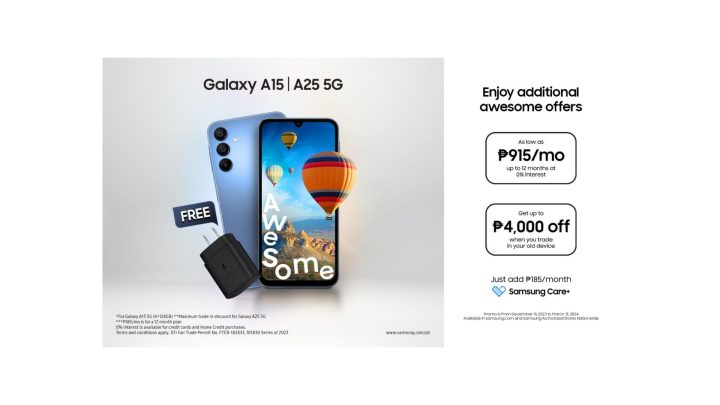
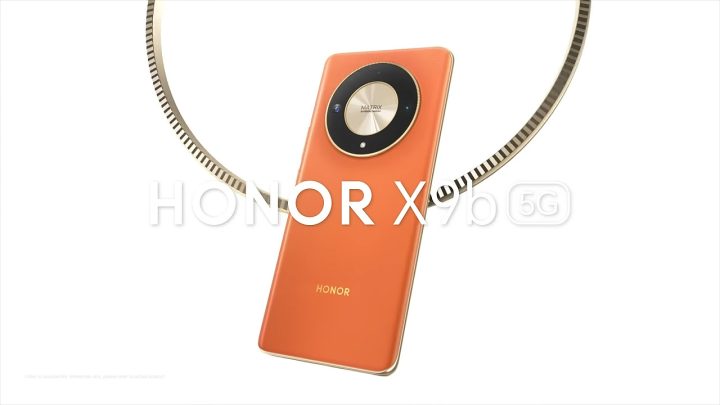
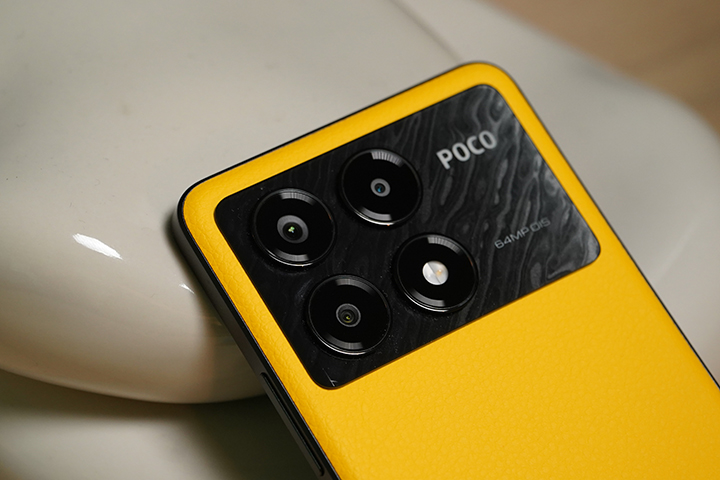

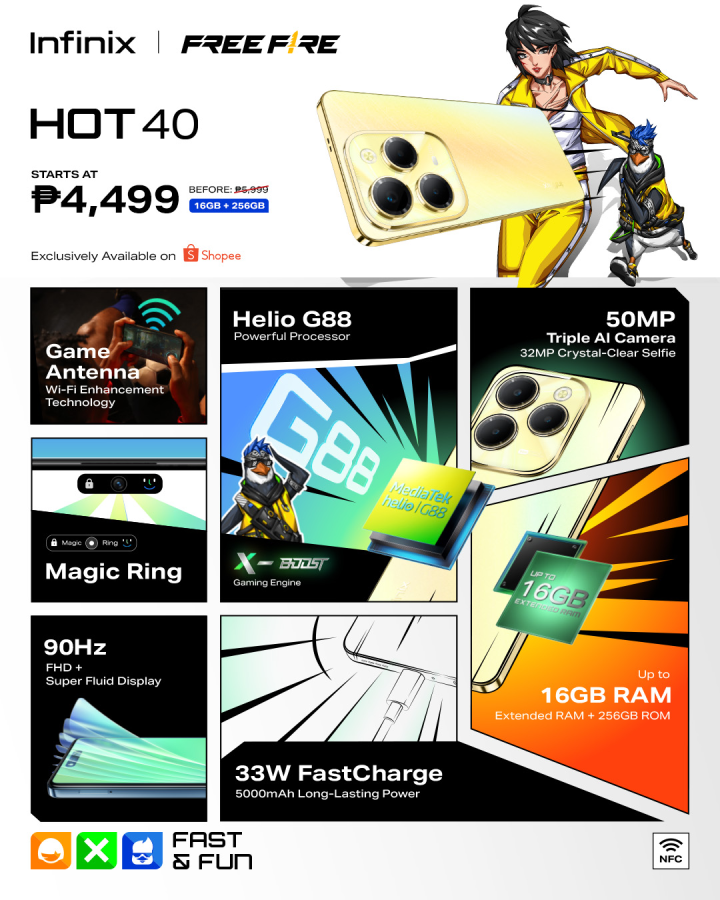




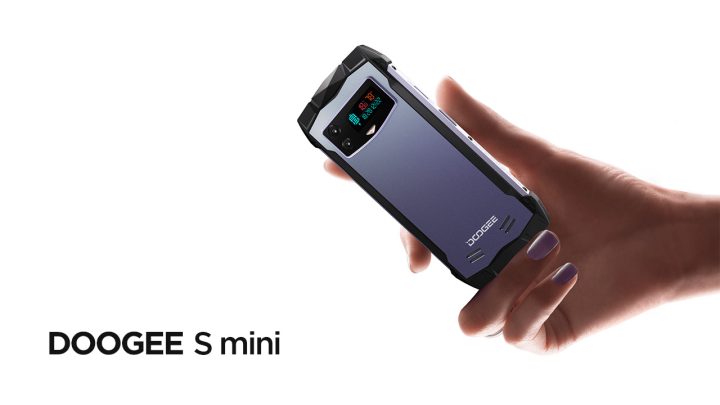












Do you have service in setting up Synology NAS and NVR? If you have please email me.
How long does Synology supports a particular NAS model (e.g. DiskStation DS220+)?
I think if the updates aren’t long enough (e.g. 10 years), subscribing to cloud storage services (like Google Drive, Microsoft Onedrive, etc.) might be better.
Why not both? The offline ones get corrupted/lost/damaged and the online ones become inaccessible for unforeseen circumstances like hacking or getting banned due to silly algorithms/rules etc.